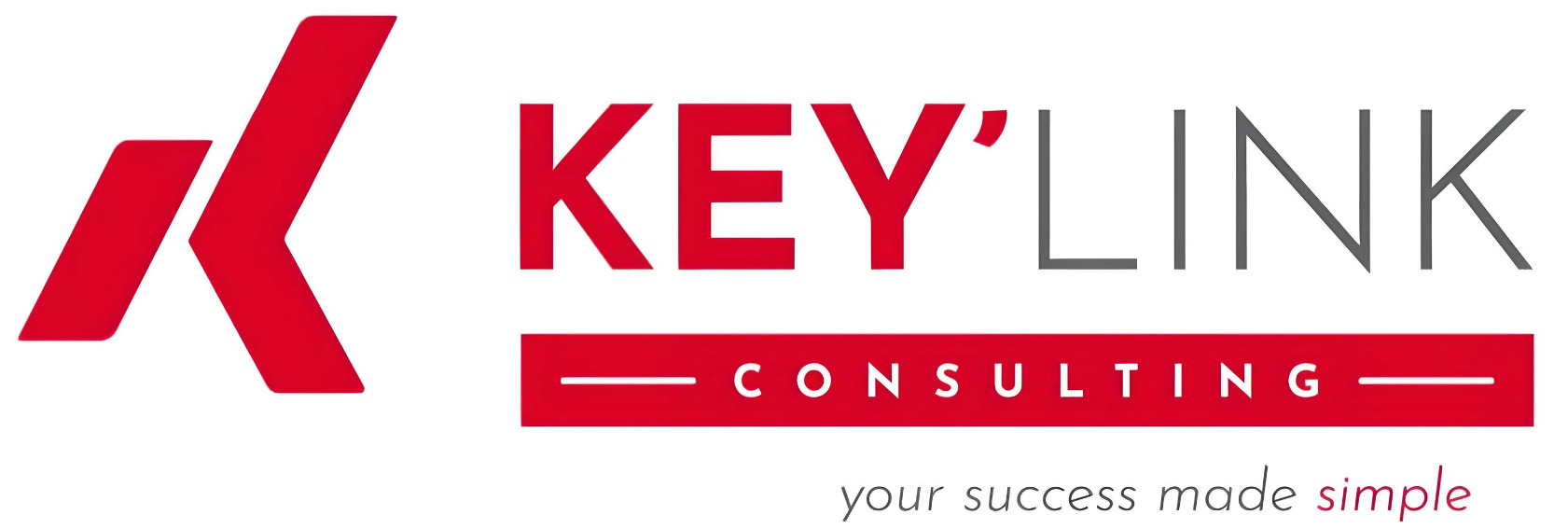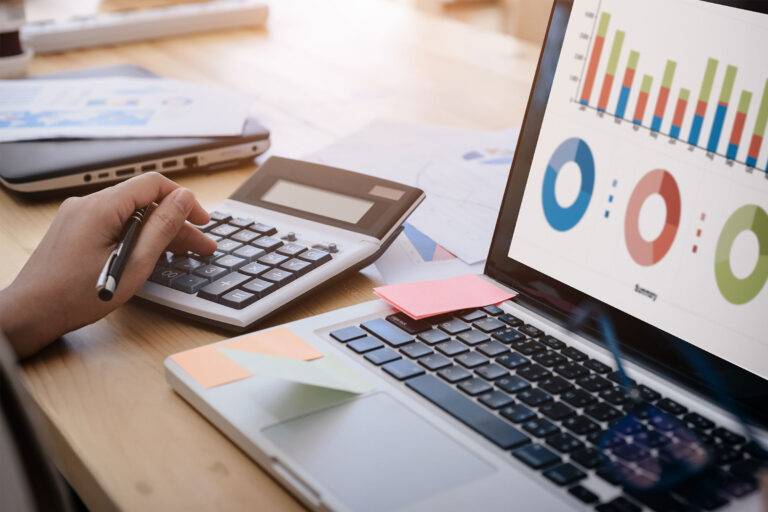Introduction
The economy of Bahrain is often regarded as being among the most liberal in the whole Middle East and North Africa (MENA) region. Also, Bahrain is part of several free trade agreements, has an excellent infrastructure, and has solid financial institutions. Thus, it is in a great position to give merchants and investors access to regional and global markets.
Only two nations of the Gulf Cooperation Council (GCC) have signed a Free Trade Agreement (FTA) with the United States. One such country is Bahrain. Bahrain does not tax corporate income, personal income, wealth, capital gains, withholding, or death/inheritance. As the result, the country permits foreign investors to own a company or branch office. It was without the participation of a local partner in the majority of its economic fields. Moreover, no limits are on the amount of money, earnings, or dividends taken out of Bahrain.
Principal Areas of Industrial Production in Bahrain
Out of its total population of 1.7 million people, Bahrain has a strong workforce of more than 1.01 million. But, Bahrain's agricultural sector does not contribute to the economy because of the lack of precipitation, the small area of the nation, and the shortage of fertile land. In 2021, its contribution to the global GDP was 0.3%, one of the smallest contributions anywhere in the world. Also, it employed 1% of the total labour force. Before the advent of the oil business, a significant part of the economy sustains by activities such as the cultivation of date palms and the pearl industry.
Thirty-five percent of the labour force got employment in the industry in 2021, which is the exact figure as in 2010 and has been consistent since then. The production of aluminium, petrochemicals, and food processing dominates this sector. It accounts for a smaller percentage of the regional economy. One of the biggest aluminium shelters in the world, the Alba facility accounts for more than 2% of the world's total production and 15% of Bahrain's GDP.
In 2021, the services sector was responsible for 56.6% of the economy and employed 64.0% of the labour force. But this percentage has decreased since the early 2000s. The financial industry in Bahrain has a leading position among Gulf nations and
contributes to the local community's economy. Also, transportation and telecommunications fields are also necessary for the service industry.
Another significant contributor to the economy, tourism brings in about ten times as many visitors as the country's permanent population in one year. According to the Bahrain Tourism and Exhibitions Authority, the country welcomed a total of 3.2 million visitors during the first three months of 2019. Most of these visitors came from other Arab countries in the Persian Gulf.
Growth of the Bahrain Economy
The economic growth rate anticipates quickening this year, building on the modest recovery from the previous year from the slump caused by the epidemic. The optimistic forecast for the oil market bodes well for the nation's ability to cut its budget deficit and bring down its debt levels. The balance of the current account ought to likewise gain from this. One of the most important things to keep an eye on is the volatility of oil prices.
Because of a robust performance in the country's non-oil sectors, which are targets as part of the country's economic reform plan, Bahrain's economy has grew by 6.9 percent in second quarter in the year 2022. As the result, it recorded the highest growth rate in the past 11 years. This achievement represents the highest rate on growth in such 11 years.
According to a report published on Sunday by the state-owned Bahrain News Agency data by the Ministry of Finance and National Economy says that the non oil growth were in Gulf country hotels and in the restaurants sector. It grew by 18.1% in comparison with the second quarter in the year 2021.
The economy of Bahrain, which is the smallest of the six members of the GCC bloc, has been looking for measures to reduce expenditure and meet a balanced budget by 2024. As the result, it started working on an economic reform plan the year before to invest around $30 billion in projects to help the country recover from the pandemic. It also created more local jobs, bringing in $2.5 billion in foreign direct investment by 2023.
To assist in reaching fiscal parity by 2024, the government has implemented several cost-cutting initiatives. One is an increase in the value-added tax rate of 10 percent. As the result, according to the Ministry of Finance and National Economy, Bahrain had a surplus of 88 million dollars for the first half of the year and a 52 percent increase in annual income in August.
The revenue for January to June was over 1.7 billion Bahraini dinars ($4.5 billion), an increase from 1.1 billion dinars for the same period in the previous year. The ministry said the mid-year financial report provides evidence of the Kingdom's post-Covid-19 economic recovery. Bahrain's economy had a solid growth rate of 5.5% in the year's first quarter.
The ministry said that the value of transactions done through point-of-sale systems and online marketplaces went up. As the result, Bahrain's commercial sector grew by 7.5% in the second quarter in this year.
"The real estate and commercial activities sector climbed by 4.5 percent. But it was riven by the growth in the number of real estate transactions registered with the survey and land registration bureau," it stated. "The government services sector grew by 7.1 percent in real terms."
Final Words
Encouraged by aggressive regulatory backing and economic diversification, Bahrain's financial services industry is undergoing digital transformation. The country's policies on financial technology are among the most progressive in the world. Bahrain was one of the first countries to create a regulatory sandbox. But, even though there is active support for the growth of advanced fintech sectors like crypto-assets. It is unlikely that many people will use them because the Kingdom has such a small population.

